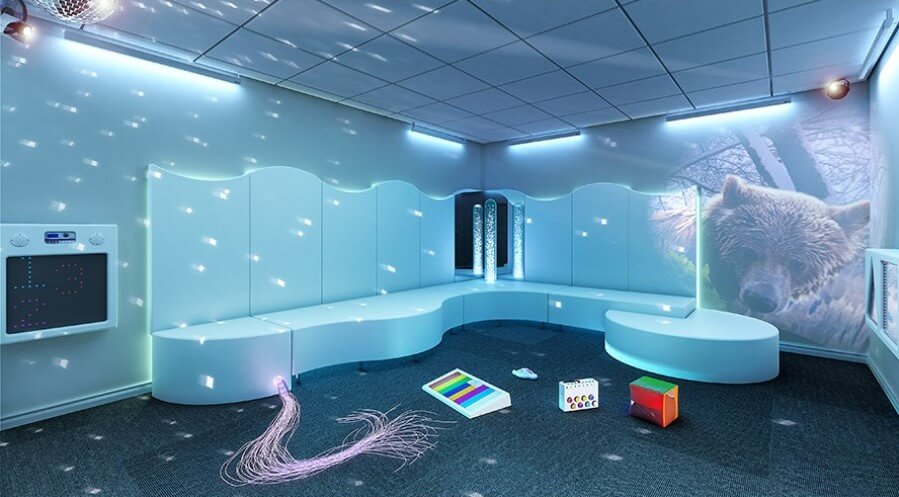Sensory Equipment for Dyslexia
This week is Dyslexia Awareness Week 2021! Championed by British Dyslexia Association, it’s a great opportunity to raise awareness and understanding of dyslexia and help to bring about positive change.
10% of the population are believed to be Dyslexic. Because dyslexia itself isn’t visible, individuals with dyslexia often feel unsupported, unwanted, invisible. From the dyslexic child at school struggling to keep up with the rest of their friends, to the office worker feeling like they don’t belong.
Sensory Toys and Equipment for Dyslexia
Sync Living supply a range of sensory equipment that can support people living with dyslexia.
Learning how to track with your eyes can have a profound effect on learning to read and mastering maths and written communication skills. Spending regular time in a sensory room with softened lights and projected images that encourage visual awareness and interaction may not only help with such skills but also reduce anxiety and build up self-confidence.
Scenes can be projected onto walls, light can be followed down a fibre-optic path or tunnel and shadows and shapes be used to encourage visual tracking, visual memory and visual stimulation. Products are carefully designed and selected to maximize the benefits of each experience, thereby improving these instrumental tools for success.
Adaptations and alterations can be made to the standard computer and software to give additional support if this is required, for both schools and offices.
Keyboard skills are essential if anyone is to make effective use of a computer for their work. Touch Type and UltraKey 5 are excellent programs for older pupils to practice and perfect keyboard skills.

For younger learners, programs such as TypeQuick for Students or Speedy Keys provide structured keyboarding activities that are fun to use too!
The response of the keyboard can be adjusted if the user has any problems with repeated letters when typing. Some children may prefer to have lowercase letters, this can be done by using stickers or by buying an alternative keyboard. Attention should also be given to seating and the positioning of the equipment, including suitable lighting.
If you have any queries on the products we can offer, please do not hesitate to contact us! You can email sales@syncliving.co.uk or phone 028 9074 5333.
